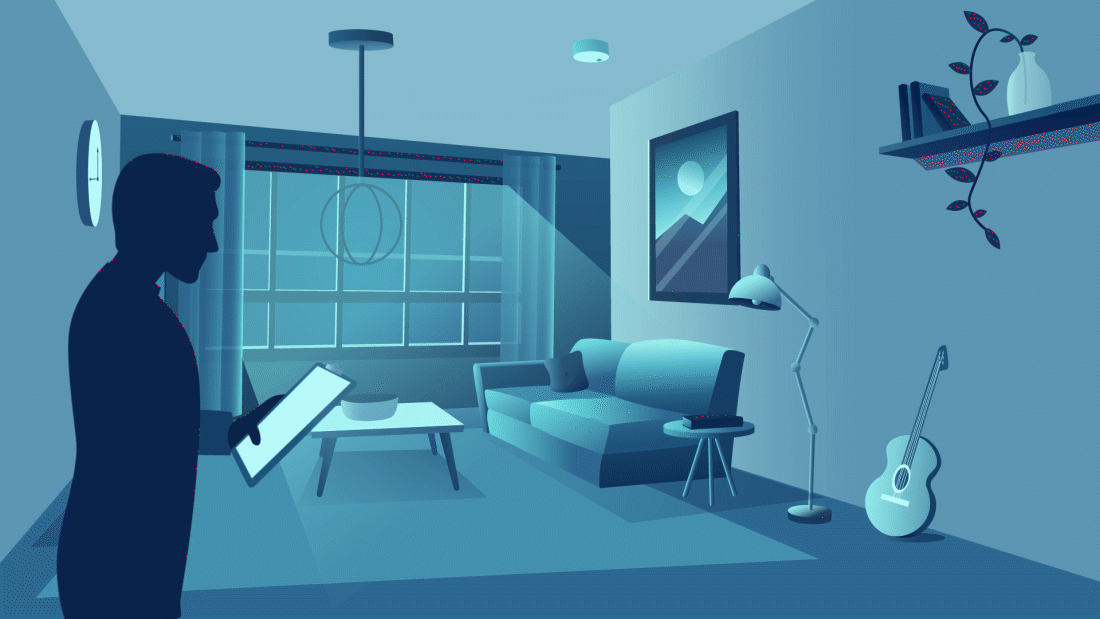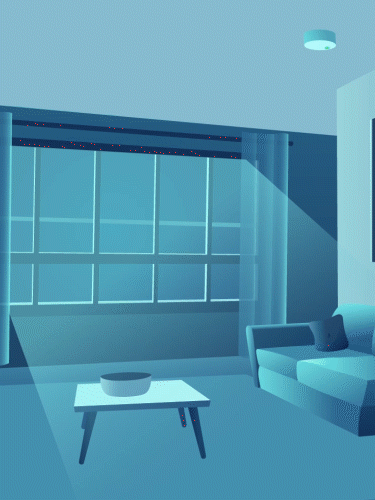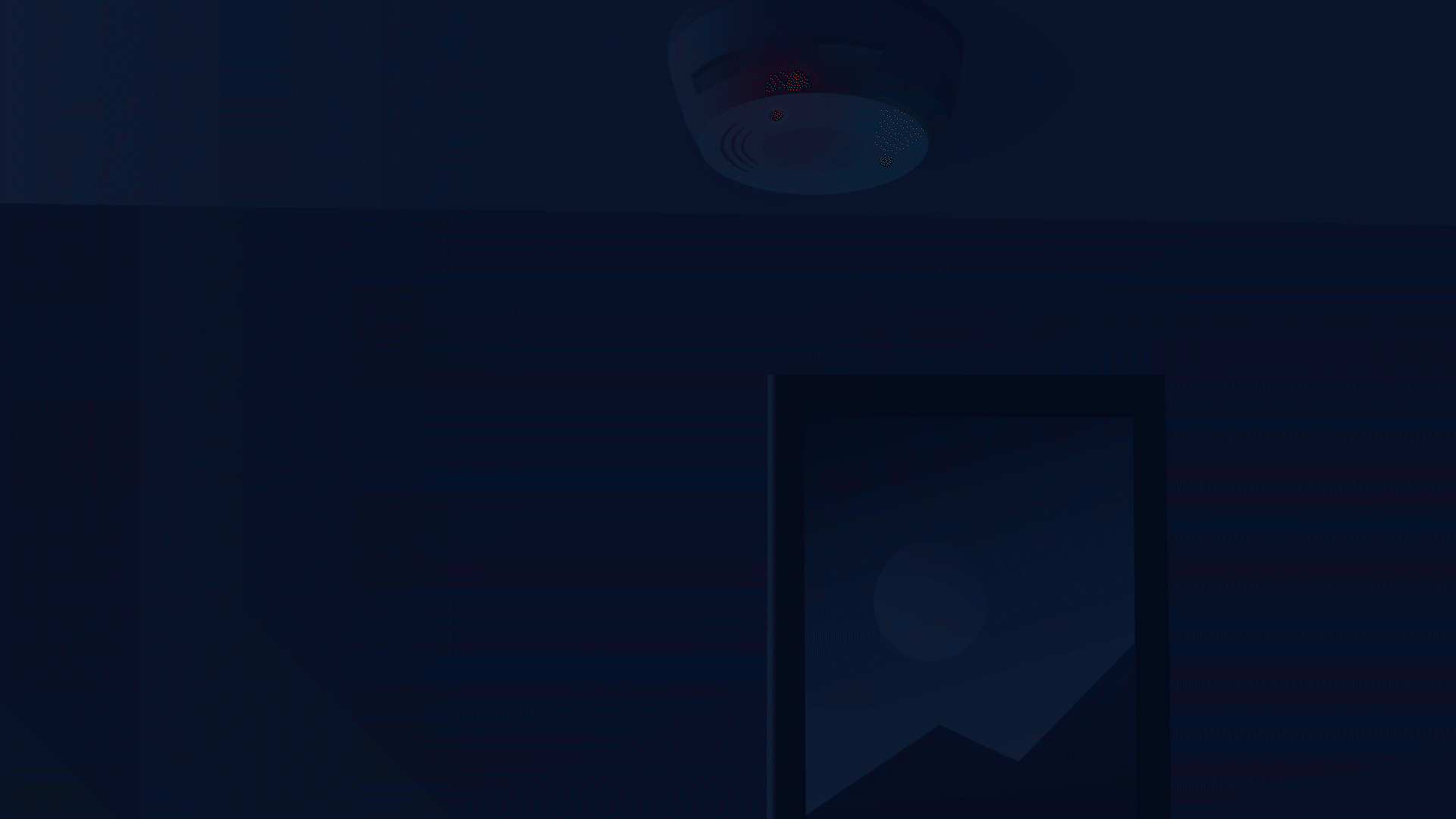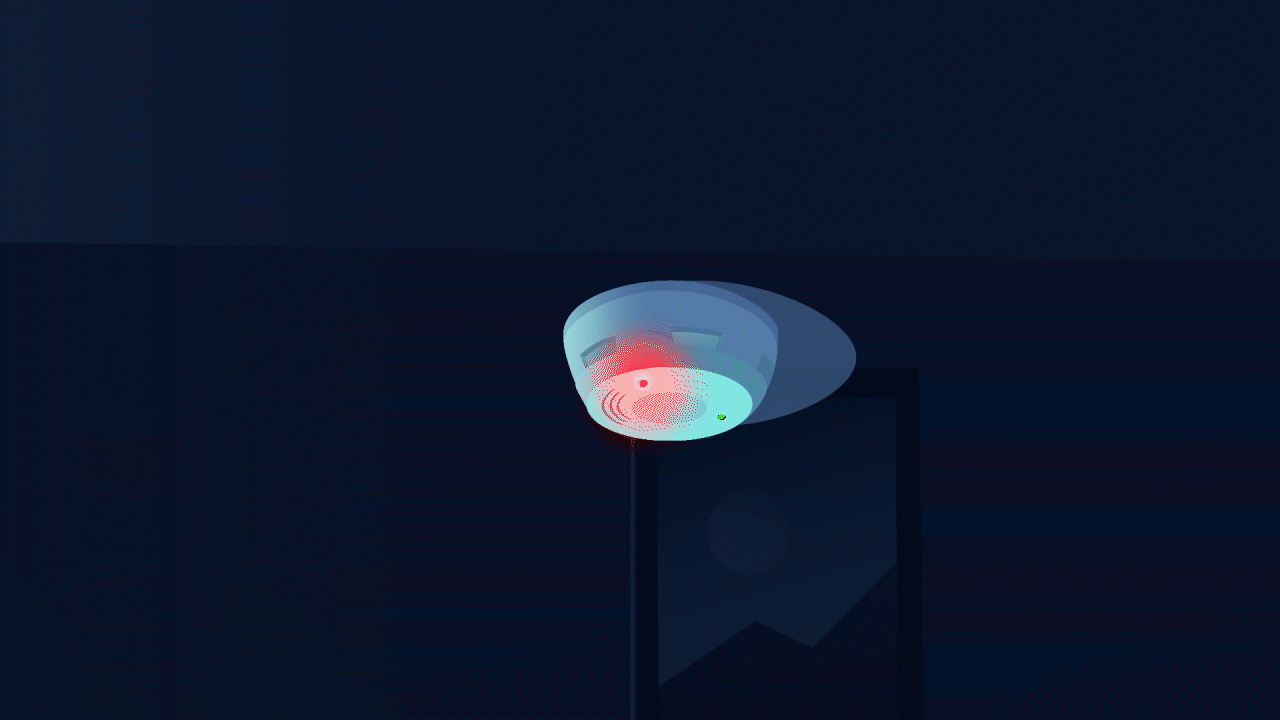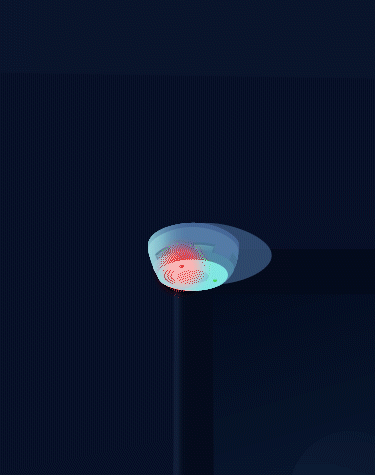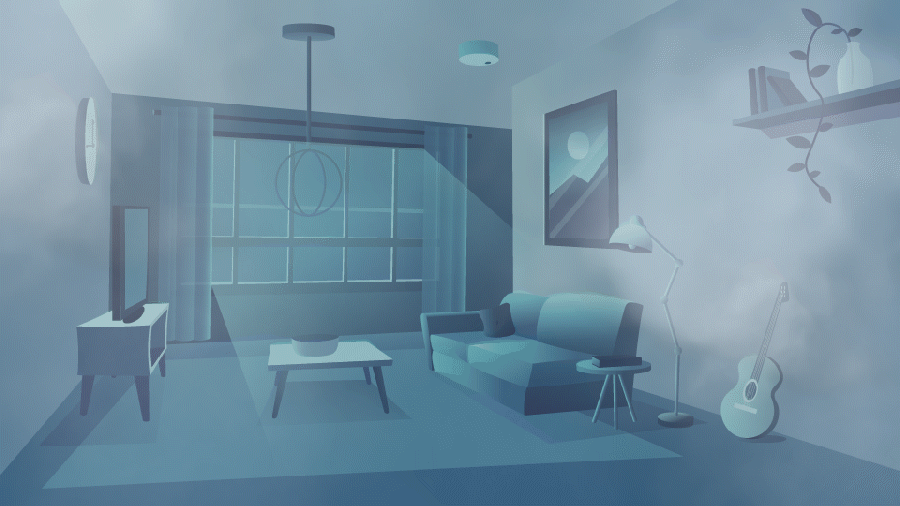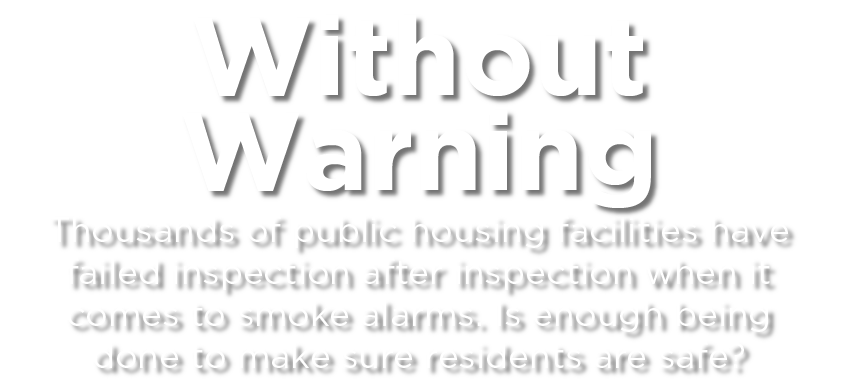'Disheartening and sad:' Residents fearful about repeated smoke detector problems at public housing buildings around the Triangle
Fourteen thousand people are living in taxpayer-funded housing complexes around Raleigh and Durham that have been cited by inspectors for missing or broken smoke detectors.
The ABC11 I-Team, in collaboration with data journalists from ABC Owned Television Stations, found that 27 of the complexes were cited for smoke detector issues at least twice. And five of them failed three out of three smoke detector inspections, according to HUD records.
Ashley Canady lives in one of those complexes with her four children - McDougald Terrace in Durham.
"It doesn't surprise me and it's very disheartening and sad," said Ashley Canady, who also is president of the McDougald Terrace Residents' Council and has been on the front lines of the current crisis over carbon monoxide at the Durham public housing complex.
"Smoke detectors are very crucial when it comes to fires and alerting families. So, to hear that this keeps continuing to happen - it's not a good thing."
About 4,300 people live inside Triangle buildings that failed to meet federal standards more than once - many of them poor, elderly and disabled people. A large number of them live in Durham. Nine of the complexes cited multiple times for smoke detector problems are in the Bull City.
In an exclusive interview with ABC11, Department of Housing and Urban Development Secretary Ben Carson blamed the ongoing issues on a breakdown in the federal inspection process.
"When I came to HUD the place, quite frankly, was a mess. There are a lot of things that need to be corrected and they aren't corrected overnight, but we are making significant progress," Carson said. "What we did last year is undertake a comprehensive review. We are changing the whole REAC system to account for the fact that over the past decade it simply has not been adequate."
People are more likely to be hurt or killed in homes without working smoke detection systems. According to records, between 2015 and 2019, there were at least 99 fires at public housing complexes across the Triangle. At least 31 of those fires broke out at the housing complexes cited by HUD at least twice for lack of proper smoke detectors.
Across the country, more than 1 million Americans are living in federally-funded housing complexes where inspectors have found there were not enough working smoke detectors.
In thousands of those complexes, the problems showed up on inspection after inspection.
ABC Owned Television Stations obtained and analyzed records from every published federal government inspection of subsidized housing since 2014 and found more than 11,000 complexes nationwide cited for missing, broken or otherwise inadequate smoke alarms.
That's 41% of all complexes run by public housing authorities or private landlords who get subsidies from taxpayers across the country. Many are home to elderly and disabled residents.
The problem in some cities was worse. Half or more of the complexes in New York, Houston and Chicago had been cited for not making sure smoke detectors were in place and working. In the suburbs of Bayonne, Newark and Jersey City in New Jersey, it was two-thirds of properties.
At more than 4,000 low-income housing sites nationwide, the ABC stations' exclusive data analysis reveals inspectors found smoke alarm problems on more than one inspection from 2014 through 2019.
The data analysis also found:
- At three of every four public housing complexes where inspectors discovered smoke detector problems, the inspectors also reported other dangers they considered "life-threatening" such as electrical hazards and blocked fire exits. At more than 8,000 facilities, life-threatening dangers showed up on multiple inspections.
- Despite knowing about smoke alarms and other safety problems, government inspectors returned to inspect properties months or even years behind schedule. About 90% of complexes with smoke alarm problems were inspected late, based on HUD's rules.
- Among the public housing facilities cited for smoke alarm problems were more than 2,800 complexes serving the elderly and 775 more serving disabled residents.
The federal government posts all of its inspection scores and some details about deficiencies - such as smoke detector problems - on HUD's public website and updates the records regularly. The most recently published data listing the inspection scores, which ABC reviewed, is current through 2019 for the vast majority of properties. In some states, the latest inspections published for public housing authorities were in 2018.
The investigation did not find problems with the smoke alarms or their manufacturers. Many of those companies work year in and out with fire departments and volunteer groups to give away detectors to anyone who needs them.
Rather, the investigation focused on the federal government's failure to make sure owners - whether they are public housing authorities or private landlords who receive federal subsidies - ensure their properties meet federal safety standards. That includes making sure smoke alarms are in place and working.
The federal rules say owners must install detectors in every home or apartment and check back regularly to make sure they work. That includes replacing batteries, which the rules say is among the owners' responsibilities. Owners also must set rules forbidding tenants from disabling smoke alarms.
Owners who don't follow federal guidelines can be penalized. For example, private landlords can lose the government money they're getting for providing safe housing.

